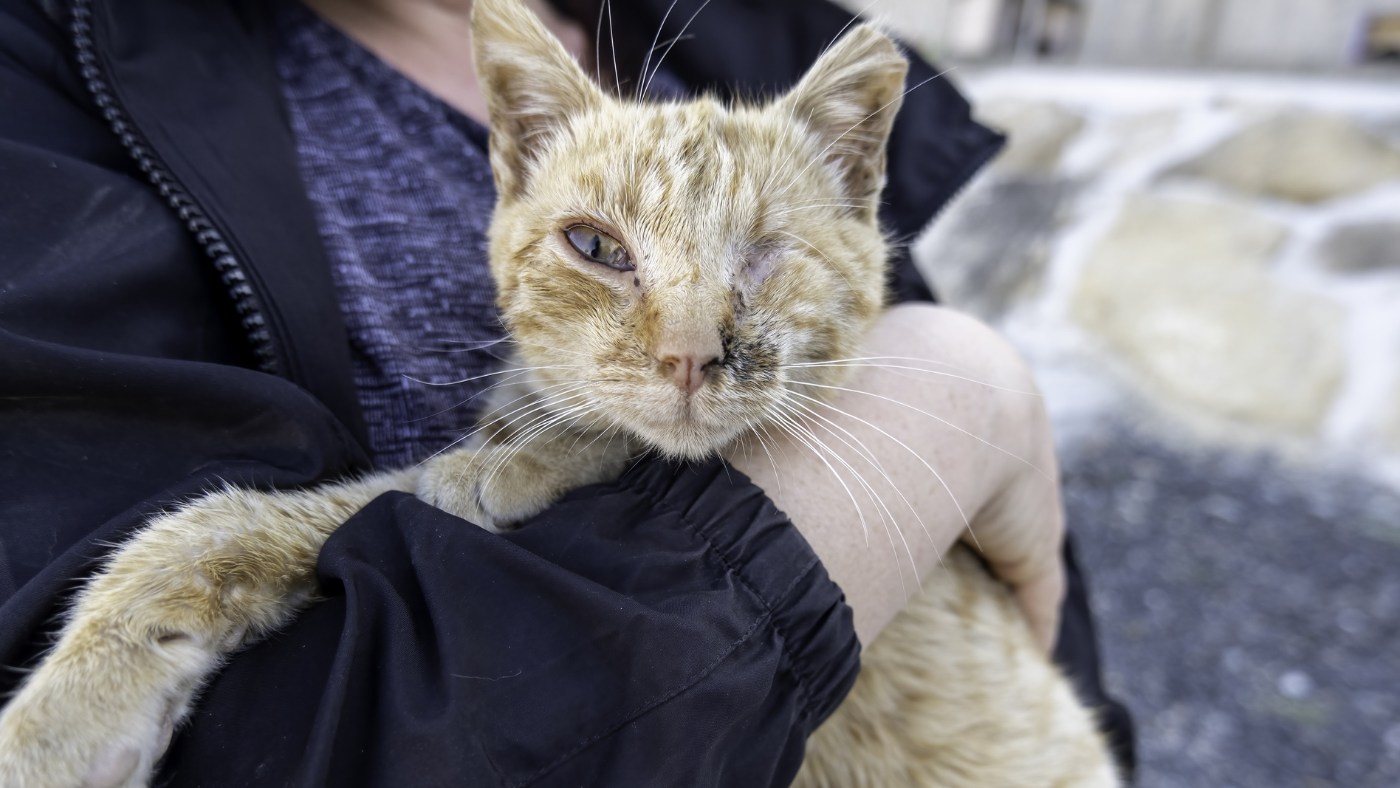貓甲狀腺功能亢進症:理解症狀、診斷與治療
我們作為貓咪的主人,首要任務是確保我們的毛孩健康舒適。然而,特別是在老年貓中,某些疾病可能悄悄出現影響毛孩的健康。其中一種常見於老年貓的疾病是貓甲狀腺功能亢進症——一種內分泌失調疾病,可能對牠們的健康產生重大影響。通過早期診斷和正確管理,患有甲狀腺功能亢進的貓咪仍能過上充實的生活。
本文將深入探討貓甲狀腺功能亢進症的定義、症狀識別及最佳治療與持續護理方法。
什麼是貓甲狀腺功能亢進症?
貓甲狀腺功能亢進症是一種由甲狀腺過度分泌甲狀腺激素(主要是甲狀腺素 T4)引起的內分泌疾病。甲狀腺位於頸部,在調節貓咪的新陳代謝中起著至關重要的作用。當甲狀腺過度活躍時,多餘的激素會加速新陳代謝,導致多種身體和行為變化。
貓甲狀腺功能亢進症的常見性
甲狀腺功能亢進症是中老年貓中最常見的內分泌疾病之一,通常影響 10 歲以上的貓咪。雖然確切原因尚不明確,但研究表明或與環境和飲食因素相關,罕見情況下與遺傳因素有關。
貓甲狀腺功能亢進症的症狀
甲狀腺功能亢進症的早期症狀可能很難識別,因為某些症狀最初不明顯。然而,隨著病情惡化,症狀往往變得更加明顯。
甲狀腺功能亢進症的常見症狀
- 體重減輕:儘管食慾增加,但患有甲狀腺功能亢進的貓咪通常會減輕體重。
- 食慾增加:貓咪可能更頻繁地進食或表現出飢餓感,但體重仍然下降。
- 飲水量增加:過度口渴和更頻繁的小便是常見症狀。
- 過度活躍或不安:受影響的貓咪可能顯得異常精力充沛、焦慮或表現出過度活躍的跡象。
- 心率加快:甲狀腺功能亢進會使心臟負擔加重,導致脈搏加快。
- 毛髮狀況不佳:毛髮可能顯得蓬亂、油膩或稀疏,因為甲狀腺功能亢進的貓咪通常較少梳理自己。
- 嘔吐或腹瀉:由於新陳代謝加速,可能出現消化問題。
貓甲狀腺功能亢進症的診斷
獸醫通過身體檢查、血液檢查及必要時的影像學檢查來診斷甲狀腺功能亢進症。
診斷步驟
- 身體檢查:獸醫會檢查貓頸部的甲狀腺是否有腫大,並評估貓的體重、心率及整體狀況。
- 血液檢查:診斷甲狀腺功能亢進症的主要方法是測量血液中的甲狀腺素(T4)水平。T4 水平上升通常表明甲狀腺功能亢進。
- 附加檢查:在某些情況下,如果初步結果不明確,獸醫可能建議額外的血液檢查或 T3 抑制試驗。
- 影像學檢查:對於更複雜的病例,獸醫可能建議超聲波或其他影像技術以評估甲狀腺及其他器官(如心臟)的潛在併發症。
貓甲狀腺功能亢進症的治療方案
有多種有效的治療方案可用於管理貓甲狀腺功能亢進症。最佳選擇取決於貓咪的年齡、整體健康狀況及生活方式,以及飼主的偏好。
藥物治療
甲硫咪唑是常用於治療甲狀腺功能亢進症的藥物,作用是減少甲狀腺激素的產生。
- 給藥方式:甲硫咪唑可口服(片劑)、局部塗抹於耳朵的凝膠或液體形式給藥。
- 優點:非侵入性、相對便宜,若出現副作用可停止使用。
- 缺點:需要每日服藥,並定期進行血液檢查監控潛在副作用,如嘔吐、皮疹或肝功能問題。
照顧患有甲狀腺功能亢進症的貓
理解症狀、探索治療選擇以及提供一致的居家護理,可以幫助您的貓咪健康成長,即使牠確診患上甲狀腺功能亢進症。
定期檢查、細心觀察及及時治療,是提升貓咪舒適度及壽命的關鍵。
如果寵物遇到緊急情況,或需要預約一般檢查及查詢,請致電 VEC香港獸醫急症中心。
一般查詢及預約: 2334-2334
二十四小時緊急熱線: 6828-6620






.avif)





